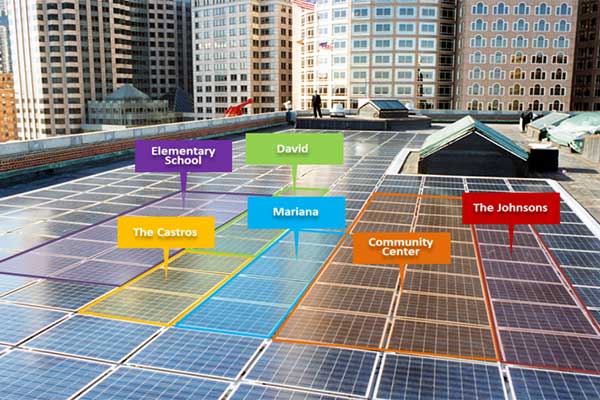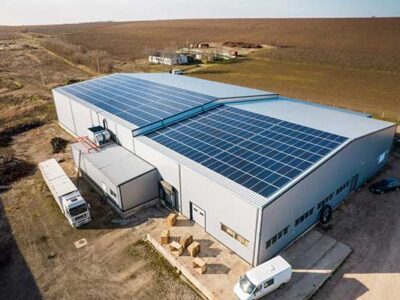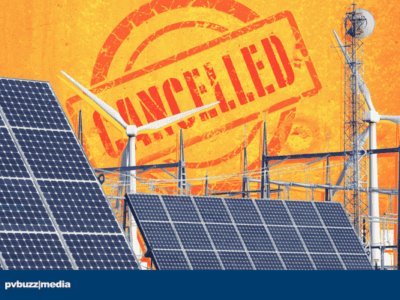The solar industry in Canada is booming. One province, in particular, is growing at record speed.
Nova Scotia.
For the past five years, Nova Scotia has seen a record number of residential solar projects each year. Currently, there are around 6,000 Nova Scotians with solar panel installations.
“With electricity prices rising, people see solar as a way to mitigate increases,” said David Brushett, chair of Solar Nova Scotia. “Also, people care about the issues of climate change and see it as a way to take action to help reduce emissions.”
The affordability of solar panels has also improved significantly over the past decade. Thanks to technological improvements, panels are more efficient and affordable than ever.
The price of solar panels has dropped by almost 90 percent over the last ten years. With plans to bring more of the supply chain home, Canadians could see an even greater reduction in the cost of panels over the next five years.
Change is underway.
To date, the growth experienced has been primarily in the residential sector.
However, David Miller, the director of clean electricity with the Department of Energy and Renewables, explains the growth in the commercial market was previously limited by regulations.
“Previously, the max installed limit was 100 kilowatts, so it’s now 200 for some businesses and up to 1,000 for others,” Miller said. The hope is these changes in regulations will help promote growth in the commercial market as early as next year.
With new deductions and tax incentives available to businesses, there will be even more reasons for businesses to consider going solar.
Soon, going green could be easier than ever.
Another interesting initiative the province is exploring is community solar.
Although the price of solar has dropped dramatically in recent years, upfront costs still keep many homeowners out of the market. Community solar would allow individuals to subscribe to using clean energy produced by the project. They wouldn’t have to own or install the panels on their own property.
Community solar would be a way for the province to make it possible for many more Nova Scotians to access solar affordably.
Depending on the terms, for those who rent, community solar projects could also be a way to offer Nova Scotians the opportunity to purchase energy from a renewable resource, even if they are in the rental market.













Comments